.jpg)
Agriculture is getting more data-driven. And farms of today are more connected than ever before. The onset of Agriculture 4.0 and the penetration of emerging technologies like Artificial Intelligence (AI), Machine Learning (ML), Robotics, etc. is creating an all-new culture of agriculture. This epoch of technology-led transformation is welcome since agriculture forms the spine of many economies worldwide. In the Indian landscape, agriculture contributes 16 percent to the GDP and supports the livelihoods of 52 percent of the population. However, many stakeholders, especially small and marginal farmers, landless cultivators, and agricultural laborers, still need to be connected to this transforming ecosystem. This is where a unified golden records database can even out the lopsided growth story by democratizing access and opportunities for all farmers.
Why a golden records database?
A unified farmers' repository is a magical database that holds all the essential information about farmers, like a treasure trove of data. It's a centralized hub that collects, organizes, and maintains accurate and up-to-date farmer information. Instead of scattered data across various systems, this database combines it for easy access and management. Imagine that you are a farmer seeking government assistance. You want to avoid shuttles between departments to submit documents or access scheme information. With a unified database, all your details are readily available, making it easier for government bodies to understand your needs and provide targeted support.
A unified, seamless farmers' repository is integral to the Indian Government's overarching vision of the India Digital Ecosystem for Agriculture (IDEA). Also, it is in synchrony with the Digital Public Infrastructure (DPI) for the agriculture sector. The Karnataka government, for example, has rolled out The Farmer Registration and Unified Beneficiary Information System (FRUITS) portal. Under this digital initiative, the data of around seven million farmers across the state was recorded, organized, and scrutinized.
Knowing the challenges in implementation
Data Privacy and Security Concerns: With great data comes great responsibility. The golden records farmers’ database raises concerns about data privacy and security. Farmers may worry about their personal information falling into the wrong hands or being used for purposes they didn't sign up for.
Technical and Infrastructure Limitations: Implementing the golden records farmers' database requires a solid technical infrastructure. Unfortunately, not all farmers can access reliable internet connections or the latest technology. It's essential to bridge this digital divide and ensure that all farmers benefit from this database.
Adoption and Training Challenges: Introducing any new technology comes with a learning curve. Farmers may need training and support to fully adopt and utilize the integrated database. It's like teaching your grandparents how to use a smartphone. But with proper training programs and user-friendly interfaces, we can ensure that farmers embrace this new tool and unlock its full potential.
.jpg)
Krushak Odisha- A CSM-anchored innovation
CSM Tech has created the digital backbone for Krushak Odisha, a comprehensive database of farmers that aligns with the state government's 5T governance framework. This amazing data repository serves as the ultimate source of truth for all information related to a farmer's demographics and assets. What sets this solution apart from other farmer databases is that it focuses on the individual farmer rather than their family. The database is fully Aadhaar-seeded, meaning it is linked to the authenticated bank details of farmers. This digital solution is also seamlessly integrated with external databases such as the Paddy Procurement Automation System (PPAS), Millet Procurement Automation System (MPAS), Aadhaar, Bhulekh (the state's land records database), seed supply, fertilizer management, soil health card, and Pradhan Mantri Fasal Bima Yojana (PMFBY).
Before the creation of this portal, farmers had no mechanism to check their eligibility for different government schemes. They were also burdened with validating their identity and eligibility while applying for each scheme. On the other side of the spectrum, the officials found it hard to map genuine beneficiaries without a consolidated, one-stop farmers' database. Moreover, data entry issues on the ground triggered delays in scheme delivery.
Thanks to Krushak Odisha, the golden record database, the Government of Odisha has identified a whopping 6.6 million unique farmers (out of approximately 8.1 million unique Aadhaar numbers), with 4.9 million approved after verification. The system captures a wide range of information about farmers, including demographics, occupation, and crops grown. The Krushak Odisha, in its ambit, includes farmers of all stripes- cultivators, sharecroppers, landless laborers, livestock and fishery farmers, and forestry farmers. Every data captured undergoes a three-tier verification process.
What's the way forward?
The golden records farmers' database presents immense opportunities for the agriculture sector. By leveraging improved data management and analysis, farmers and stakeholders can make more informed decisions, enhancing productivity, market access, and resource management. With the right tech enhancements powered by AI, ML and blockchain technology, this database has the potential to transform agriculture, leading to sustainable and thriving farming communities.






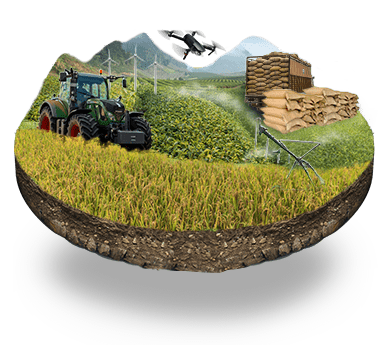










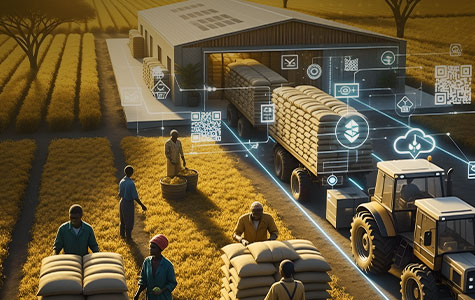



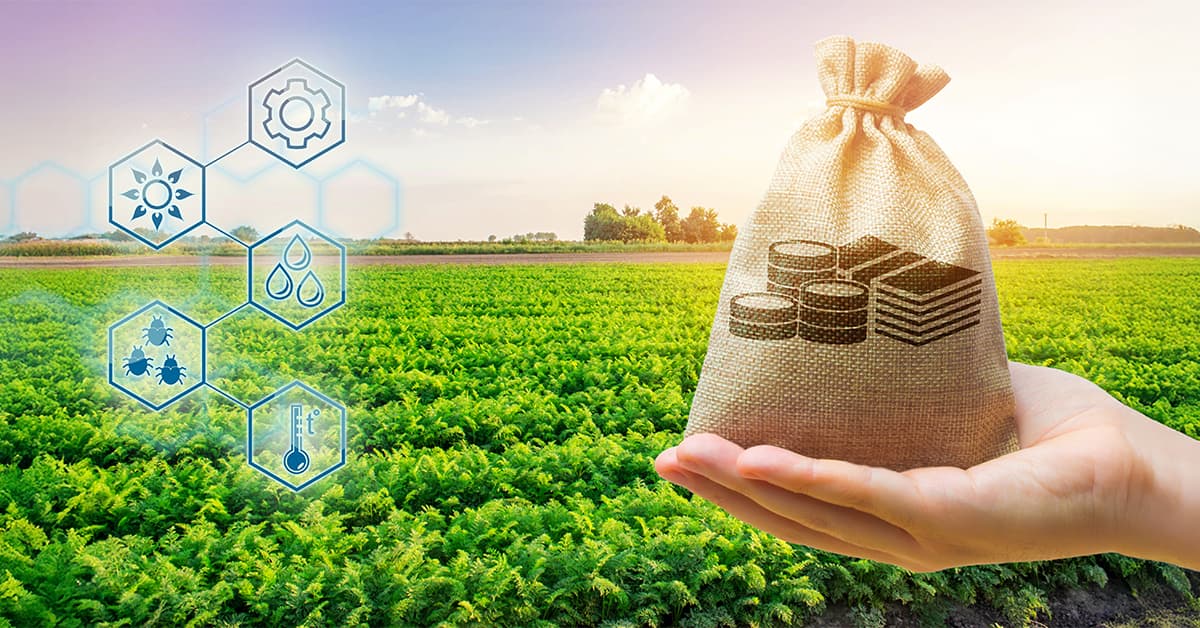
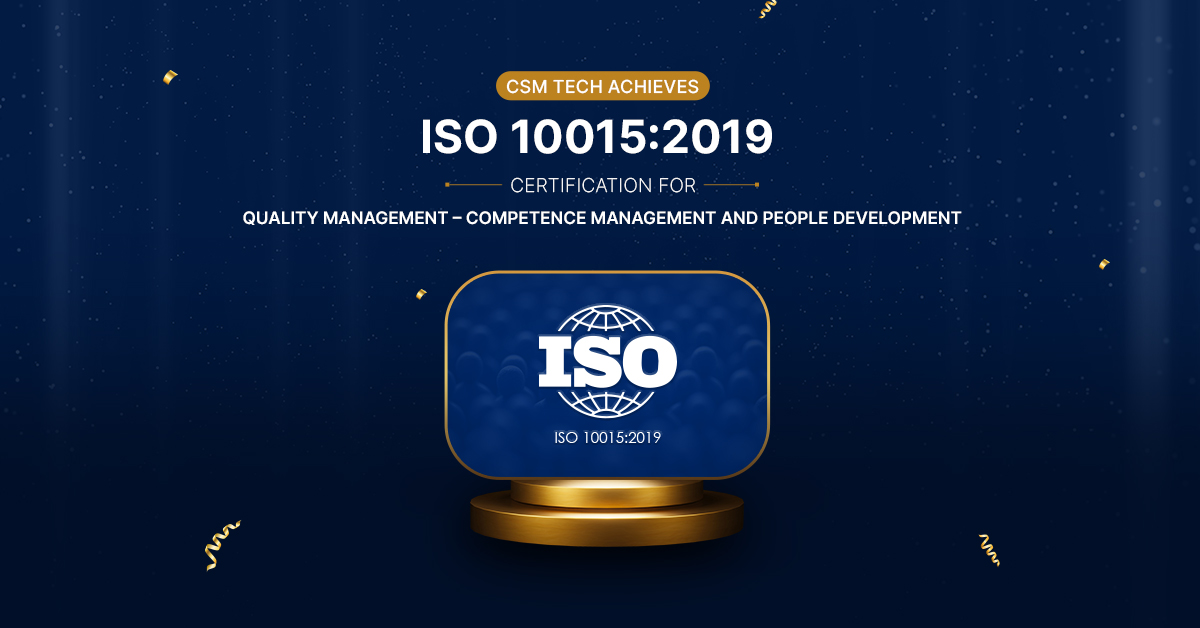


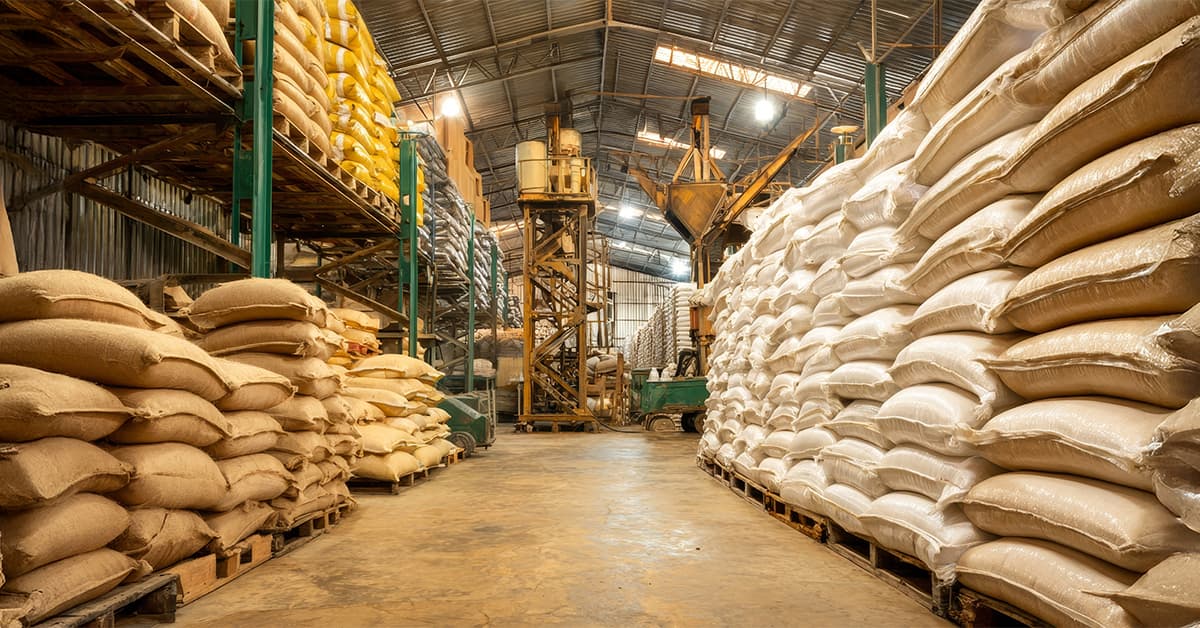






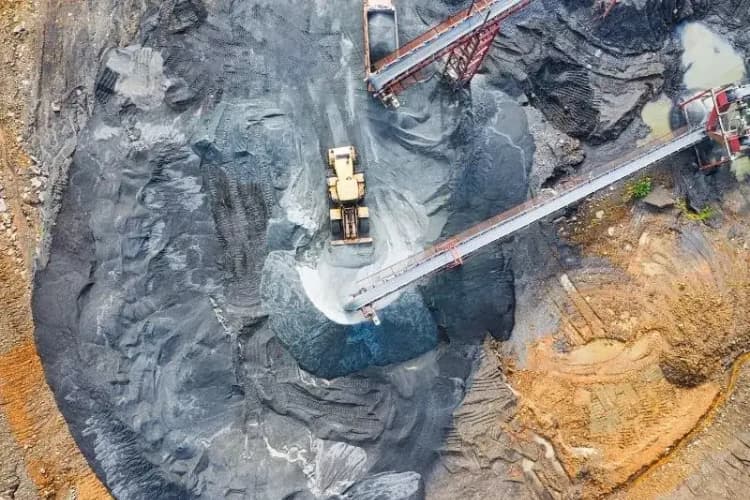




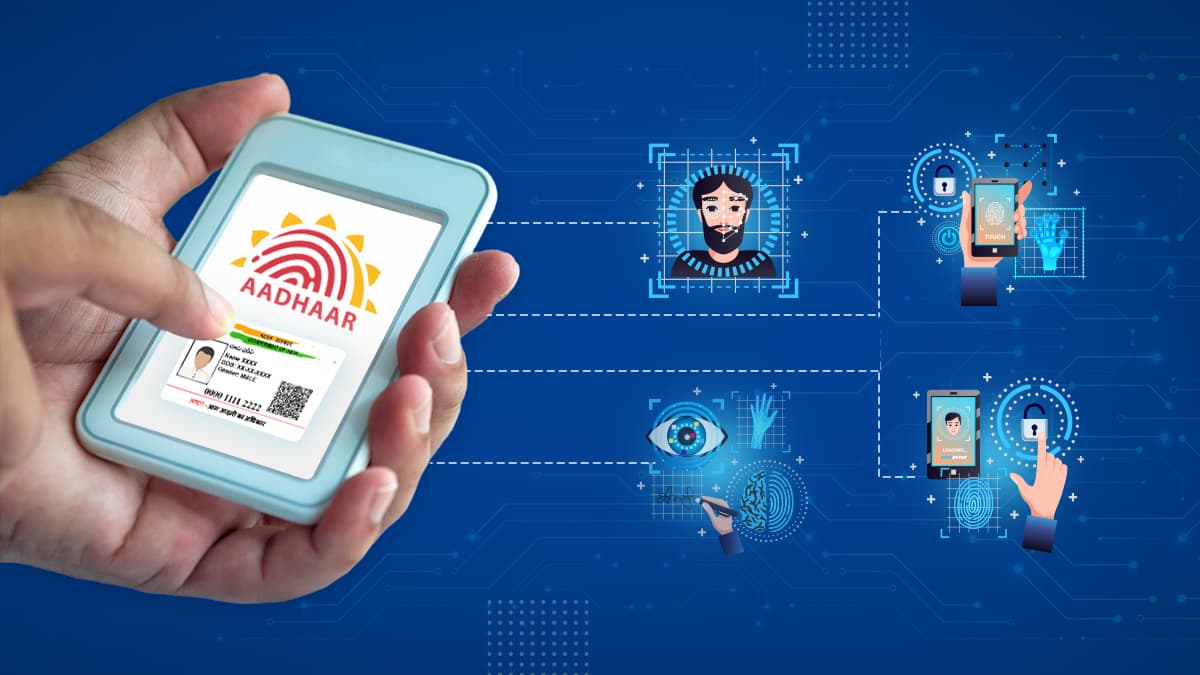
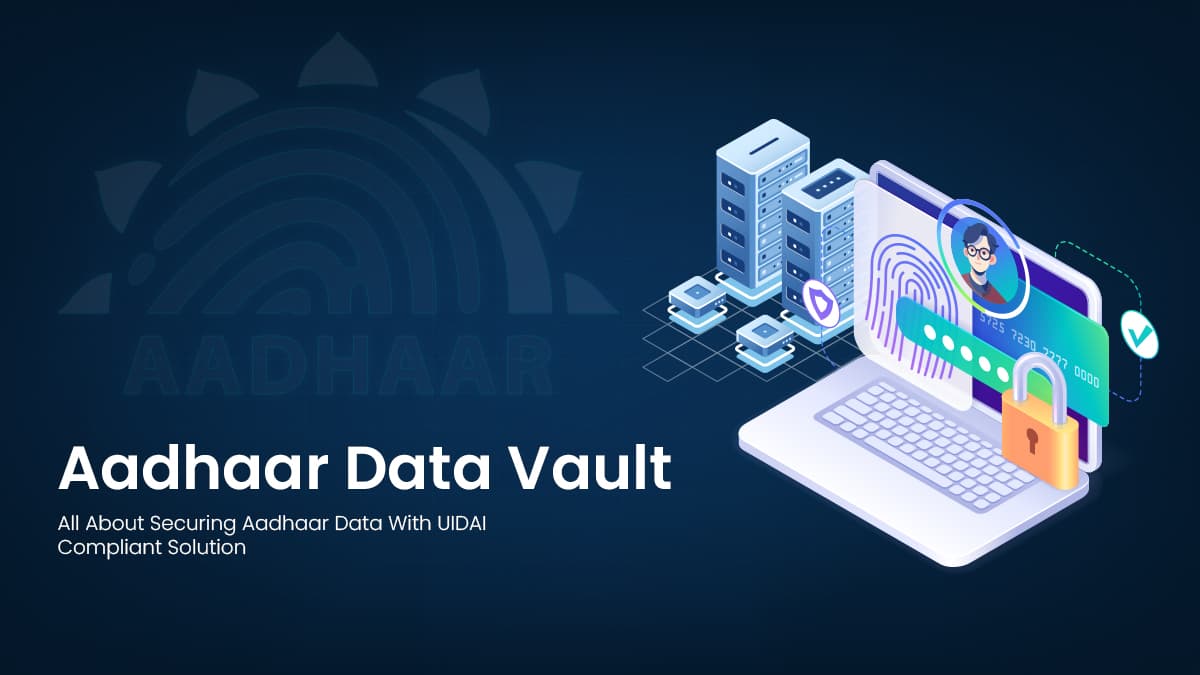



We will verify and publish your comment soon.